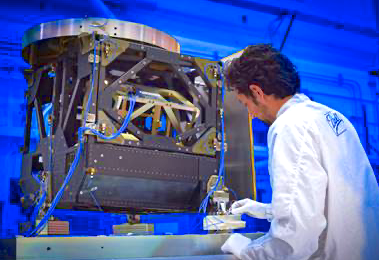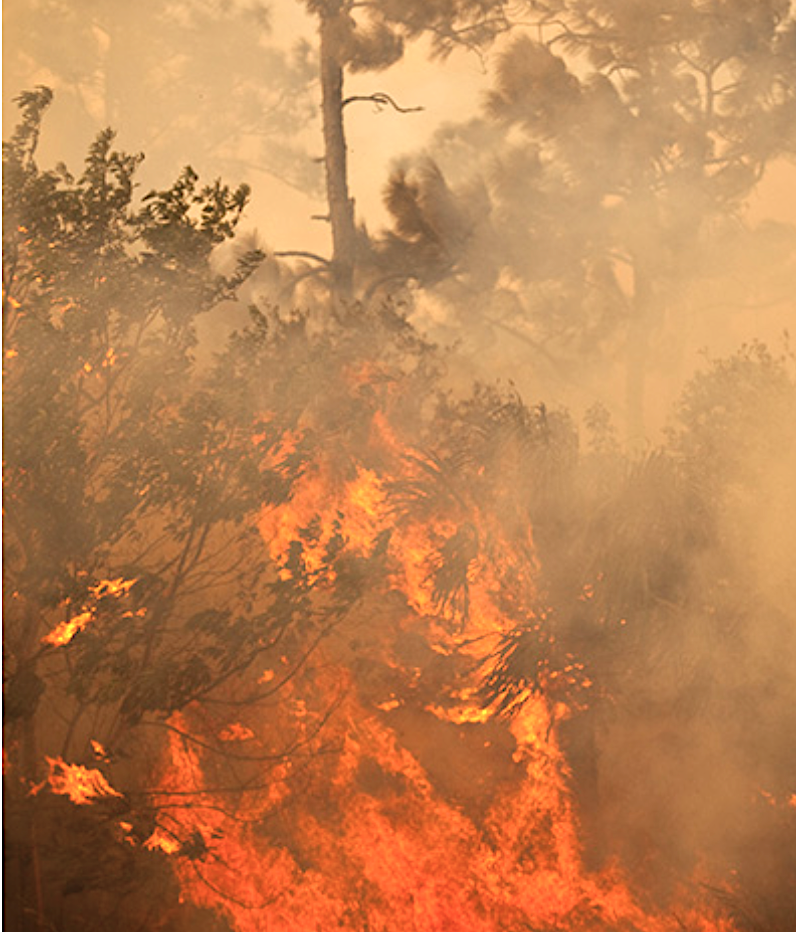
Geostationary Environment Monitoring Spectrometer during the manufacturing phase. Image credit: Ball Aerospace

A 'passenger' on board yesterday's Arianespace launch of JCSAT-17 for the Japanese operator SKY Perfect JSAT Corporation, and GEO-KOMPSAT-2B for the Korea Aerospace Research Institute (KARI) is the first air quality sensor in geostationary orbit. The Geostationary Environment Monitoring Spectrometer (GEMS) instrument, is jointly developed by Ball Aerospace and Korea Aerospace Research Institute (KARI) under the leadership of Ball Aerospace.

TEMPO's accurate air pollution measurements would allow scientists to predict the impact wildfire smoke may have on air quality in nearby cities.
Once operational in space, GEMS will be the first air quality sensor in geostationary orbit where it will help monitor pollution events in the Korean peninsula and Asia-Pacific region.
Dr. Makenzie Lystrup, vice president and general manager, Civil Space, Ball Aerospace stated that GEMS is a result of more than 30 years of innovation in advanced spectrometers at Ball Aerospace. Data from GEMS will enable KARI’s mission to assess and forecast air pollution by identifying sources and distribution of pollutants in the atmosphere.
Ball Aerospace led GEMS development under a contract with KARI for the National Institute of Environmental Research in the Ministry of Environment of South Korea. GEMS will make hourly measurements of key constituents that make up air pollution, including ozone and nitrogen dioxide, which will improve early warnings for potentially dangerous pollution events.
GEMS is one part of a global air quality monitoring constellation of geostationary satellites that will include NASA’s Tropospheric Emissions: Monitoring of Pollution (TEMPO) spectrometer. Ball completed TEMPO in September 2018 for NASA Langley Research Center and Harvard Smithsonian Astrophysical Observatory. TEMPO is scheduled to launch in 2022.

